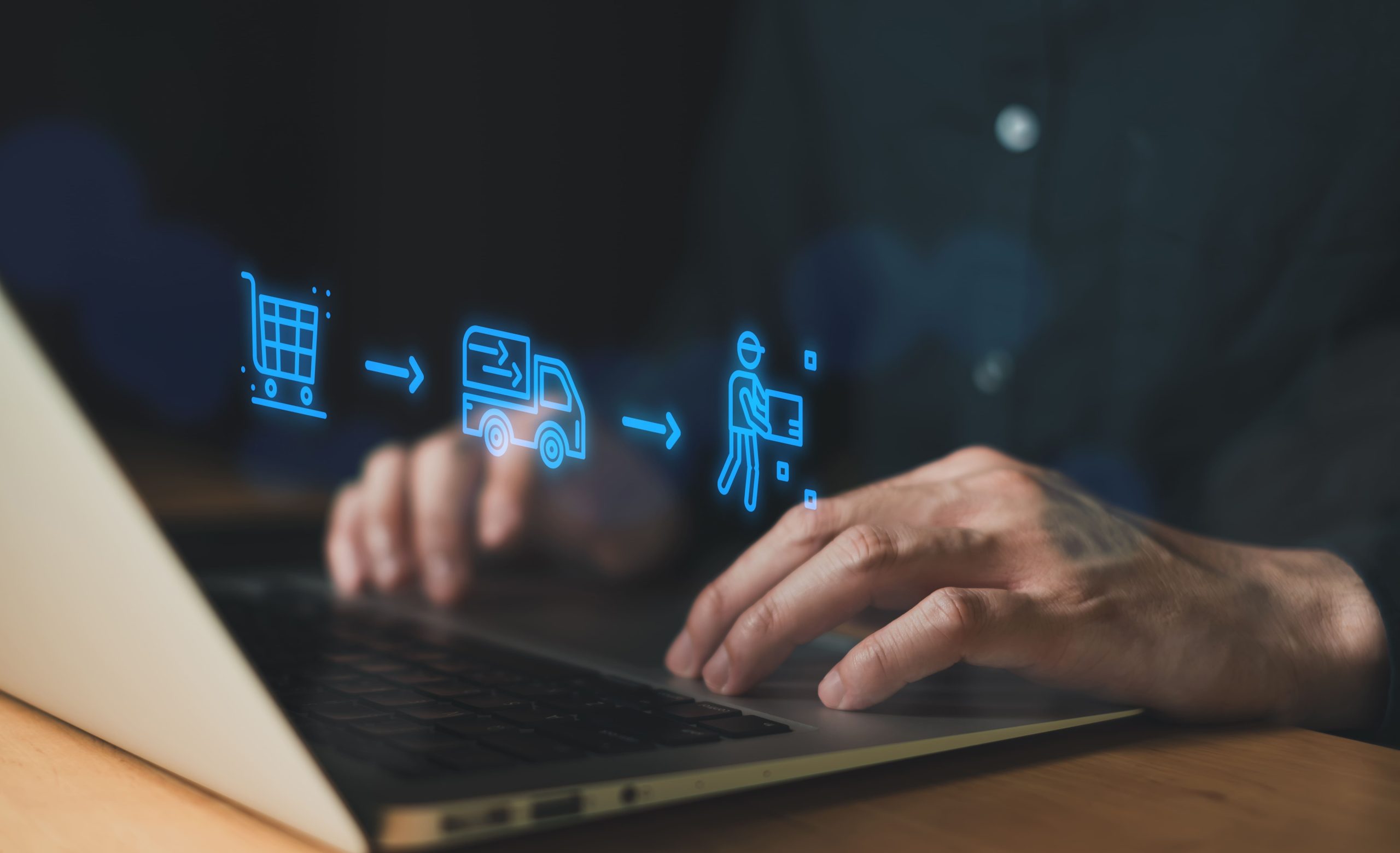Understanding Consumer Behavior Patterns in Times of Economic Crises
- 4 March 2024
- 5 min to read
- 335 views

In the fast-changing landscape of today's global economy, businesses face challenges that require adaptability and foresight. Economic crises, in particular, bring unique issues that can impact consumer behavior. Understanding and identifying these patterns is necessary for businesses that aim to successfully get through uncertain times. In this blog post, we will delve into the consumer behavior peculiarities during economic crises and explore strategies for businesses to adapt and thrive.
Shifts in Spending Habits
Economic downturns often trigger changes in consumer spending habits. Understanding these shifts is vital for businesses looking to realign their strategies. During times of financial uncertainty, consumers tend to prioritize essential goods and services over discretionary spending. Businesses must analyze historical data and market trends to identify areas where demand remains resilient.
Rise of Value-Conscious Consumers In Times of Economic Crisis
One common trend during economic crises is the emergence of value-conscious consumers. These individuals seek products and services that offer the best value for their money. Businesses can capitalize on this by adjusting pricing strategies, offering bundled deals, or emphasizing the durability and longevity of their products. Focusing on value can create a competitive edge and foster customer loyalty.
Digital Transformation and E-Commerce Surge
The digital landscape experiences significant growth during economic downturns as consumers turn to online platforms for convenience and cost-effectiveness. E-commerce becomes a pivotal channel for businesses to maintain and expand their customer base. Adopting digital strategies, enhancing online presence, and optimizing the customer journey become essential components of a resilient business model.
Brand Loyalty in Flux
Economic crises can disrupt traditional brand loyalty patterns. Consumers may become more open to exploring alternative brands or products that offer better value or align with their evolving priorities. Building and maintaining brand loyalty requires businesses to stay attuned to consumer sentiment, communicate transparently, and adapt marketing strategies to resonate with changing consumer needs.
Psychological Impact of The Economic Crisis on Purchasing Decisions
Consumer confidence takes a hit during economic downturns, leading to a cautious approach to spending. Understanding the psychological factors influencing purchasing decisions is crucial. Businesses can employ empathetic marketing strategies, provide reassurance through customer support, and offer flexible payment options to alleviate consumer concerns and maintain trust.
In the face of economic crises, businesses that proactively identify and respond to shifts in consumer behavior patterns position themselves for resilience and growth. Adapting strategies to align with the evolving needs and priorities of consumers is essential for navigating uncertain times successfully. By embracing digital transformation, focusing on value, and maintaining transparent communication, businesses can not only weather economic storms but also emerge stronger on the other side.
Read the Meest International blog to find out more interesting information.




